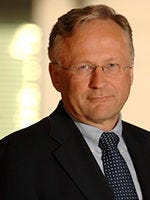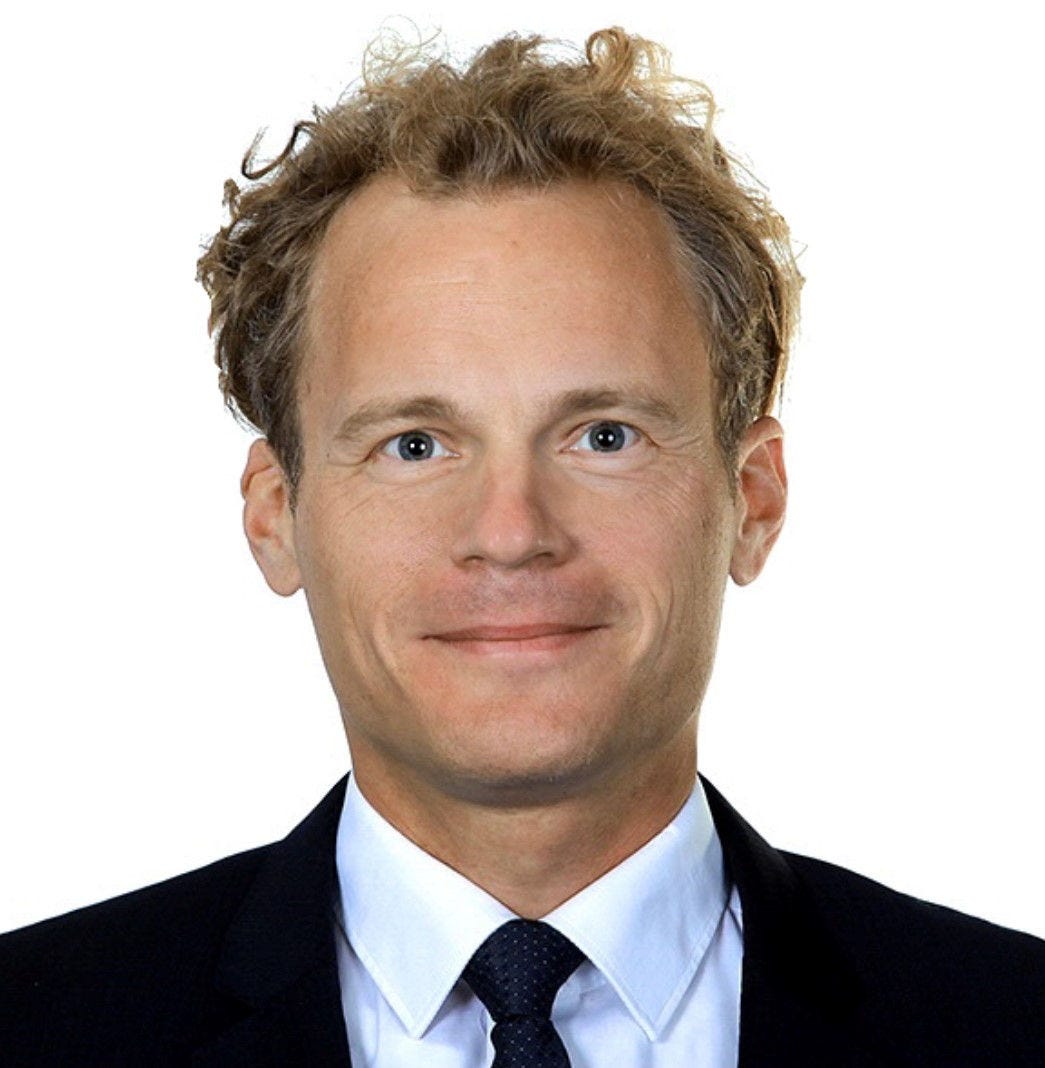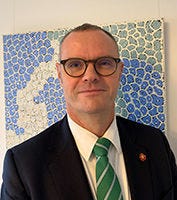The Economic and Development Review Committee (EDRC) is at the core of the OECD’s peer review mechanism. This Committee is made up of representatives of all OECD member country governments and the European Union. It examines economic trends and policies in individual OECD and selected other economies, as well as in the European Union at large, assessing performance and making policy recommendations. In so doing, it builds on the experience and lessons learnt across countries, with a view to promote good practices.
Economic surveys
OECD Economic Surveys are periodic reviews of member and non-member economies. Reviews of member and some non-member economies are on a two-year cycle; other selected non-member economies are also reviewed from time to time. Each Economic Survey provides a comprehensive analysis of economic developments, with chapters covering key economic challenges and policy recommendations addressing these challenges.

About
Economic Surveys and the Economic and Development Review Committee (EDRC)

Each economy is reviewed about every two years. The results are published in the form of an Economic Survey, aimed at promoting a better understanding of the economic situation and key challenges facing the authorities, and pointing towards ways of improving overall economic performance.
The Surveys have evolved since the EDRC’s creation in 1961, when they were mostly focused on macroeconomic developments and policies. Now there is a heavy emphasis on structural policies and their interaction with macroeconomic policies. The workings of labour, product and financial markets are regularly examined, together with the role of the public sector. So are policies to address inequalities, including gender inequality, as well as environmental challenges, and particularly climate change.
The Surveys generally include a detailed analysis of a specific structural topic. Recent topics have included climate change, digitalisation, education, innovation, fiscal federalism, housing, health, migration and competition, based inter alia on cross-country analysis carried out in the Policy Studies Branch of the Economics Department and in the OECD’s specialised Directorates.
The Surveys are discussed by the EDRC with participation by member countries’ and the European Union’s permanent delegates to the OECD. The national delegates are sometimes assisted by experts from their governments. The country under examination is generally represented by a delegation of high-level government officials. To make the process manageable and efficient, the Committee designates two of its members as lead examiners for each review.
A draft Survey prepared by the Secretariat serves as the basis for the examination. After the plenary EDRC meeting, the Secretariat revises the draft Survey in consultation with the country under review, to take into account the comments and recommendations made by the Committee. The Committee then approves a final version for publication under its own responsibility. A key feature of this process is that all Committee members agree on the final report. It is not solely the responsibility of the Secretariat, although obviously its judgements are an important input, nor does it simply accommodate the views of the country under review. Through this interactive process, a large degree of consensus is reached on the analysis and recommendations, and the Survey becomes a commonly owned product.
- Economic Counsellors
- List of Economic Survey Special Chapters by country
- EDRC Timetable (2024)
- Access the EDRC Community (restricted to committee members)
Country snapshots
- A - C
- D - I
- J - M
- N - R
- S - T
- U - Z
EDRC Bureau Members
Svein Gjedrem
EDRC Chairman

Hélène Durocher, Canada
Vice-Chair

Robert Mcloughlin, Ireland
Vice-Chair

Matthias Löhrl, Germany
Bureau member

Homero Cárdenas Escalante, Mexico
Bureau member

Peter Johnson, Australia
Bureau member

Michal Drzka, Slovak Republic
Bureau member

Skaidrite Rancane Slavinska,
Latvia
Bureau member

Ryder Thomas, United Kingdom
Bureau member
